
Nepal-India Joint Commission Meeting: Air Routes and Airport Developments Take Center Stage
The upcoming Nepal-India Joint Commission meeting in Kathmandu is poised to address key aviation issues, with three air routes and the expansion of operations at Pokhara and Bhairahawa airports dominating the agenda.
Chaired by Nepal’s Foreign Minister NP Saud and India’s Minister of External Affairs Dr. S Jaishankar, the meeting will witness Nepal proposing the scheduling of a Technical Coordination Team meeting for the operation of the Instrument Landing System (ILS) at Gautam Buddha Airport in Bhairahawa. This initiative reflects the commitment to enhancing aviation infrastructure and safety.
Nepal is set to table proposals seeking India’s collaboration in establishing a new air route for third-country airlines to enter Nepal via Bhairahawa, Nepalganj, and Mahendranagar. This strategic move aims to optimize air connectivity and facilitate international travel to and from Nepal.
Among the proposals to be presented during the meeting is a request for permission to operate direct flights from Pokhara International Airport to various cities in India. Additionally, there will be appeals for clearance for Buddha Air to operate direct flights to Patna, Lucknow, Gaya, and Dehradun in India. Himalayan Airlines is also seeking permission to expand its operations within India.
A significant item on the agenda involves proposing authorization for Nepal Airlines aircraft to operate flights from Bhairahawa to Delhi and from Pokhara to several cities, including Delhi. This move is anticipated to enhance connectivity and foster greater cooperation in the aviation sector between the two neighboring countries.
The Joint Commission meeting is expected to facilitate constructive discussions and agreements on these proposals, marking a positive step forward in the collaborative efforts between Nepal and India. The outcomes of these deliberations hold the potential to significantly impact the aviation landscape, promoting increased connectivity and strengthening the bilateral relationship.
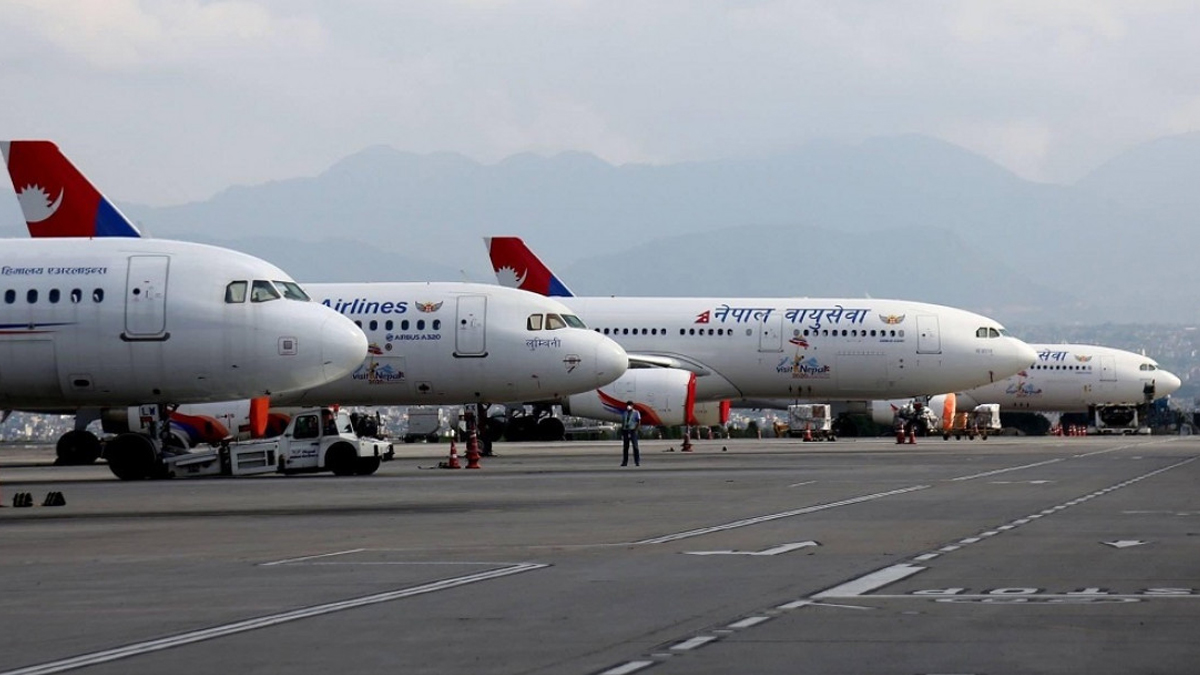


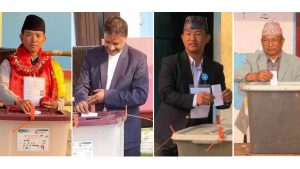
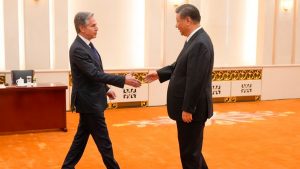

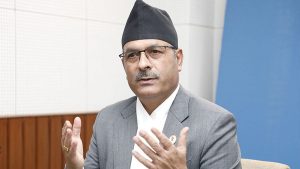

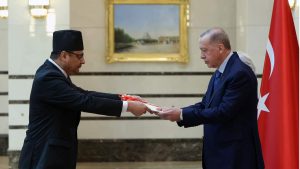


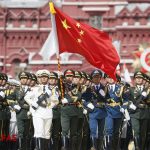



Comments